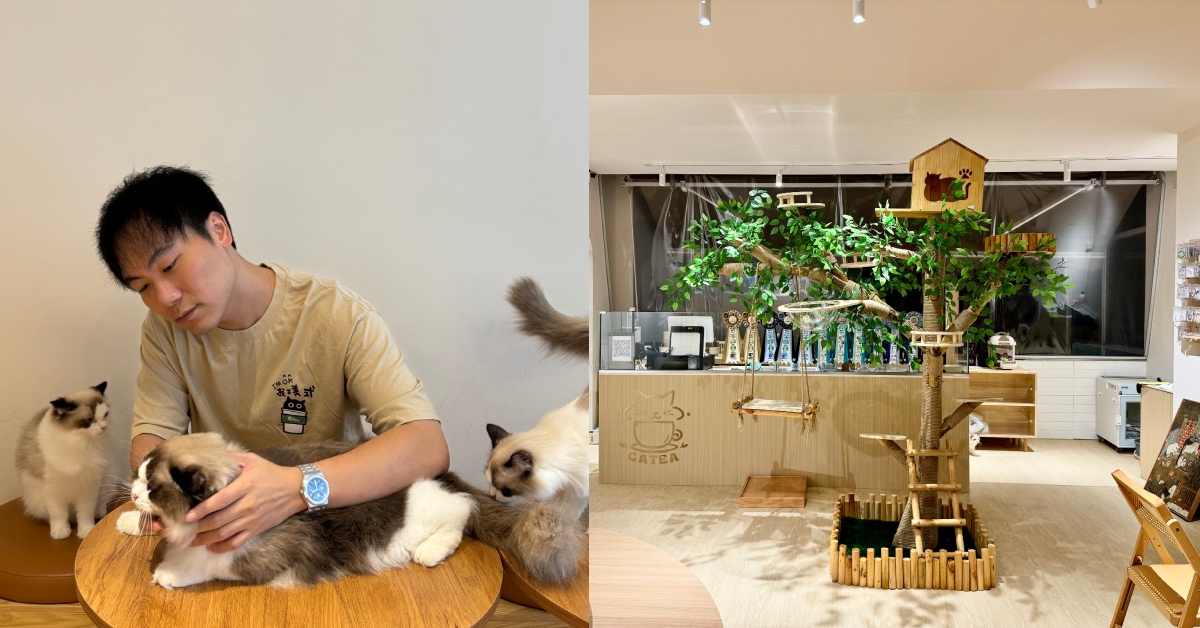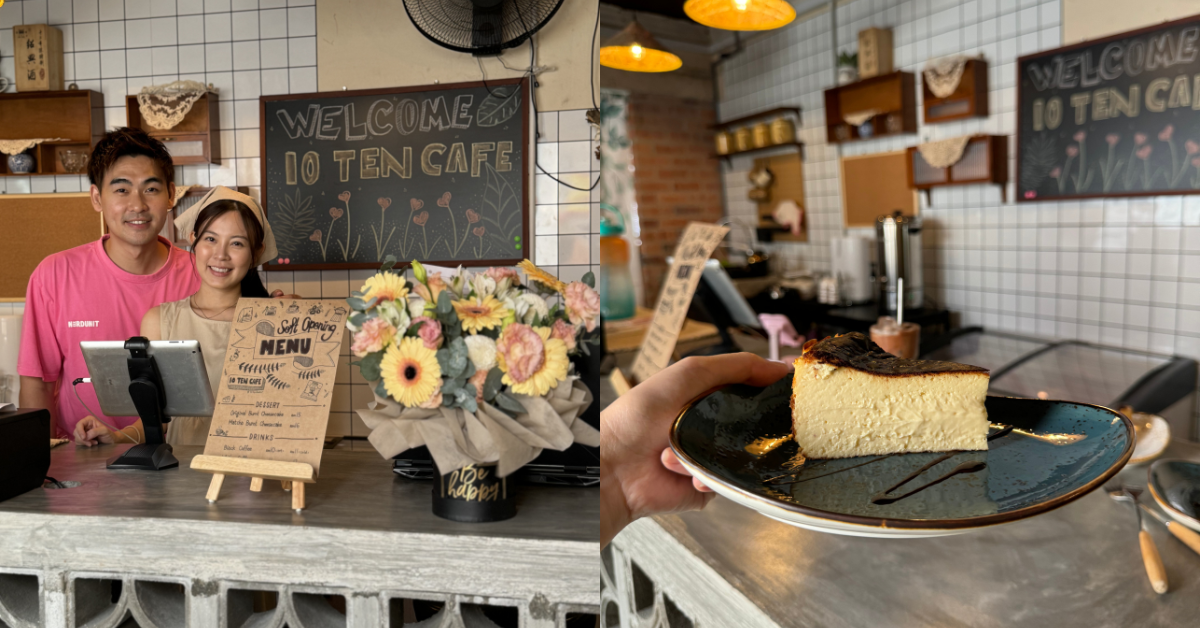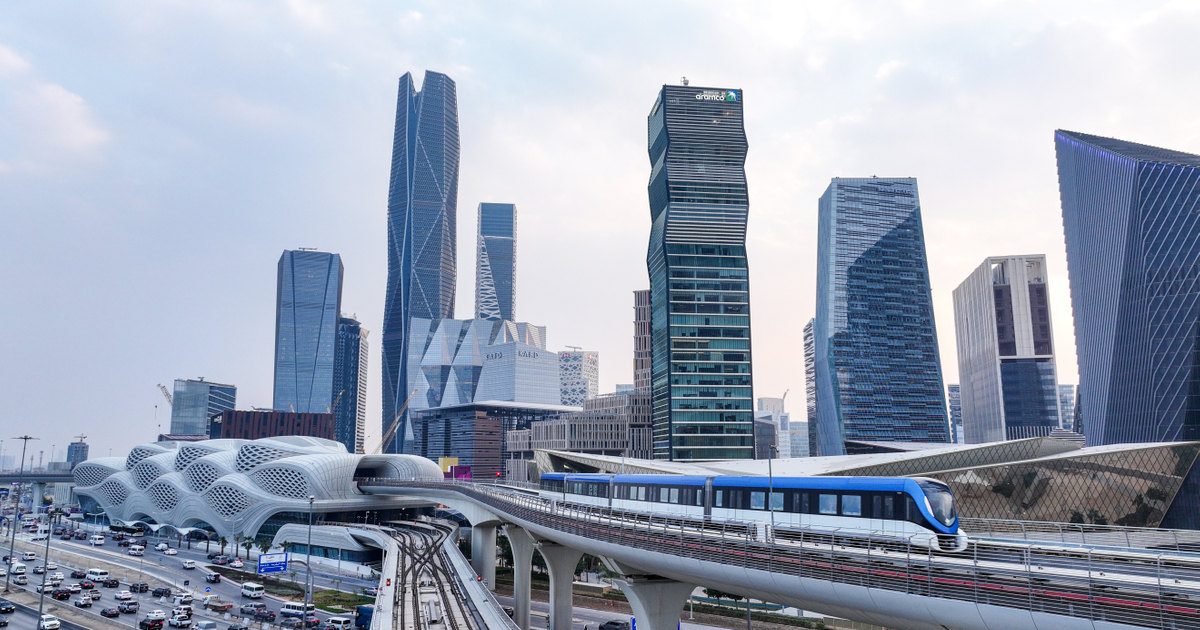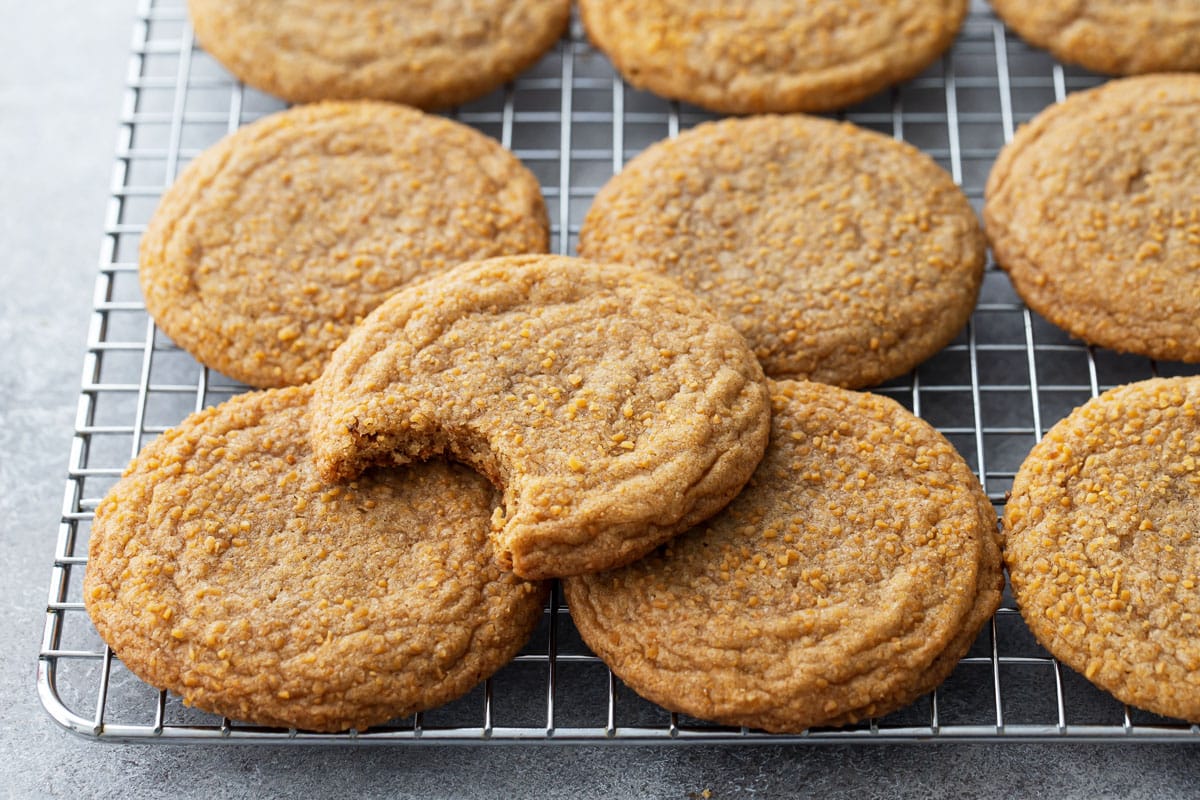Struggle to relax on holidays? Therapists explain what you need to do
Don’t put pressure on yourself
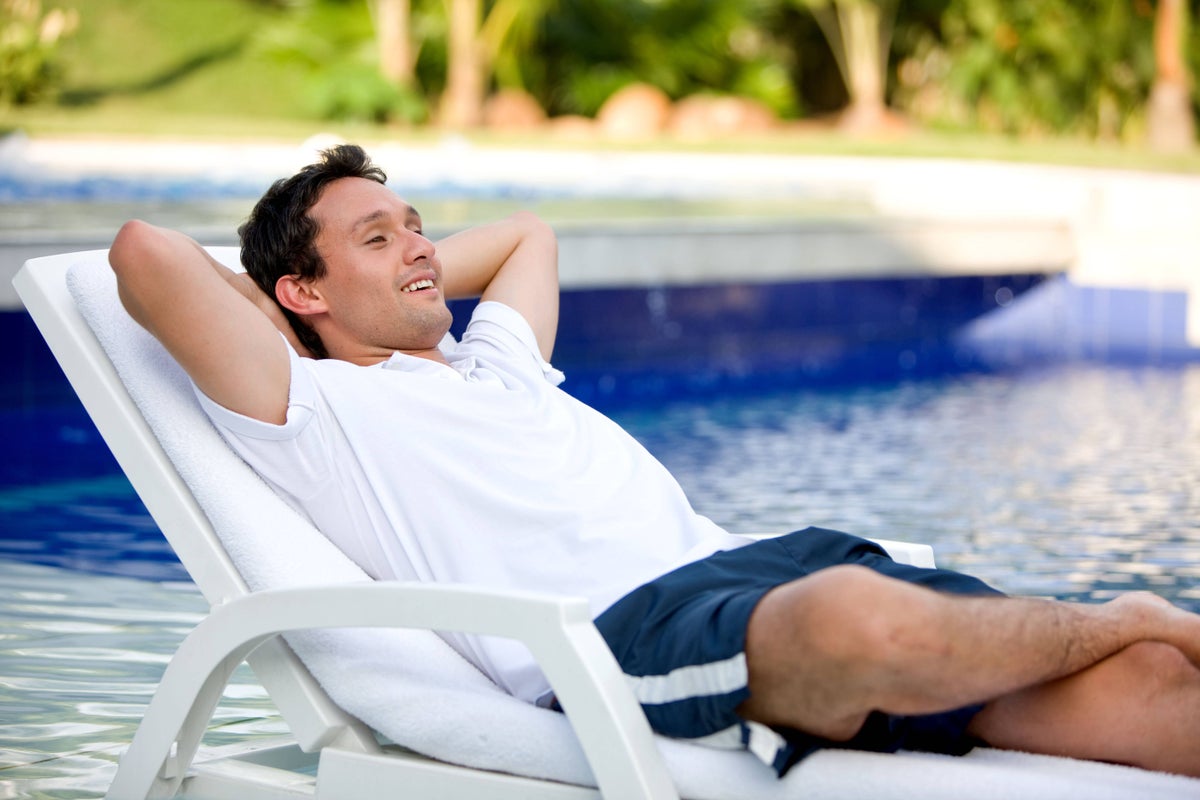
Often people can find it hard to switch off fully when they go on holidays. Whether it’s work commitments, family duties, or their minds are just elsewhere – transitioning from a busy day-to-day life to sudden holiday mode can take time to adjust.
Senior psychotherapist and founder of Swift Psychology, Dr. Michael Swift who works with people who experience anxiety and stress, says that we have ‘forgotten what a holiday is meant to be’.
“We often consider that a holiday is a time when you mentally, emotionally and physically rest. However, when people tend to go on holidays now, that isn’t the case and it is often spent trying to cram lots of things in,” he explains.
“The other challenge for a lot of people is being able to switch from work or parental mode, into holiday mode,” Swift says. “I often speak with my clients and I explain it’s like driving a car 100 miles per hour and then very harshly slamming on the brakes. The body and brain doesn’t have a lot of time to make that switch. Therefore, it’s important we try to make that transition a little easier.”
Swift and and BetterHelp therapist Joanne Saulter share tips on how to properly unwind and destress during those well-needed holiday breaks.
Physically slow yourself down
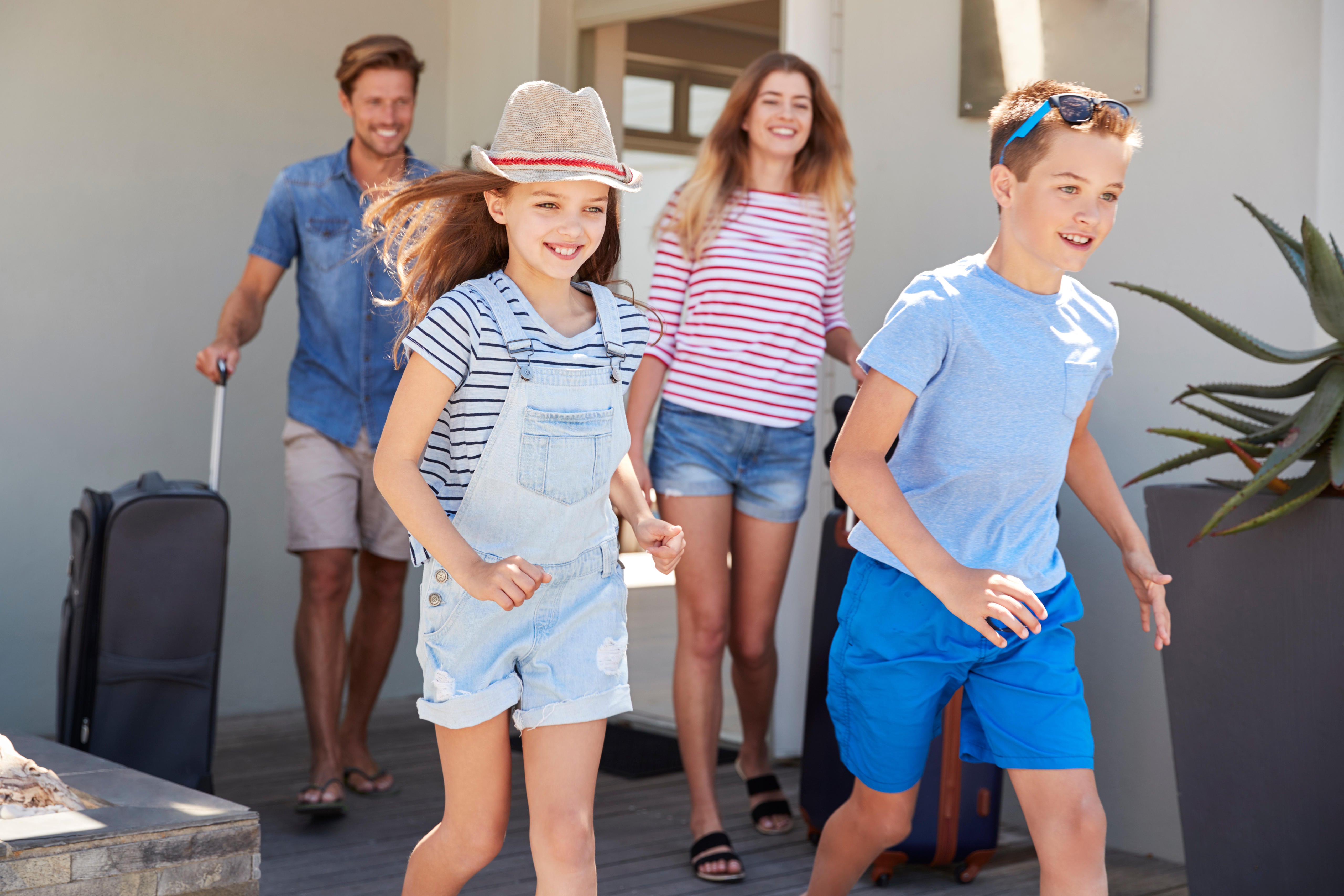
Swift explains that when you’re quite stressed, ‘the brain activates the sympathetic nervous system,’ also known as being in fight or flight. “This may make your heart beat a little faster and your breathing a little more shallow,” he says.
“Therefore, one of the things I always recommend people do is to actually physically slow themselves down. Whether that’s getting on holiday and taking a slower walk, or eating your food a little bit more intentionally – by actually physically slowing your body and brain down, it can make that transition easier.”
He explains this also is important in terms of work and setting a middle ground to only check emails or works calls at specific times, if needed. “You want to ideally get rid of as much work and technology as possible as that can also help you properly slow down.”
Don’t put pressure on yourself
“A lot of people feel they have to go away and do 10 things in a day to feel like they’ve really optimised their holiday,” Swift says. “What I often recommend people do is aim to enjoy just a few things per day while you’re on holiday. Take the pressure off and be able to enjoy the time properly.”
Self-regulateSaulter adds: “Ask yourself how you are going to self-regulate. The impact of life at home can be extremely fast, so slowing down is really important. However, it can be hard to do.
“If you take the travelling part of a holiday for example, everyone is going fast around the airport and you not necessarily slowing down. Sometimes there can also be a feeling of pressure that you have to relax now and it can take a bit of time to adapt to this.
“I would advise to take plenty of time the first couple of days on holidays to properly rest, slow the nervous system down and regulate.”
Know your values
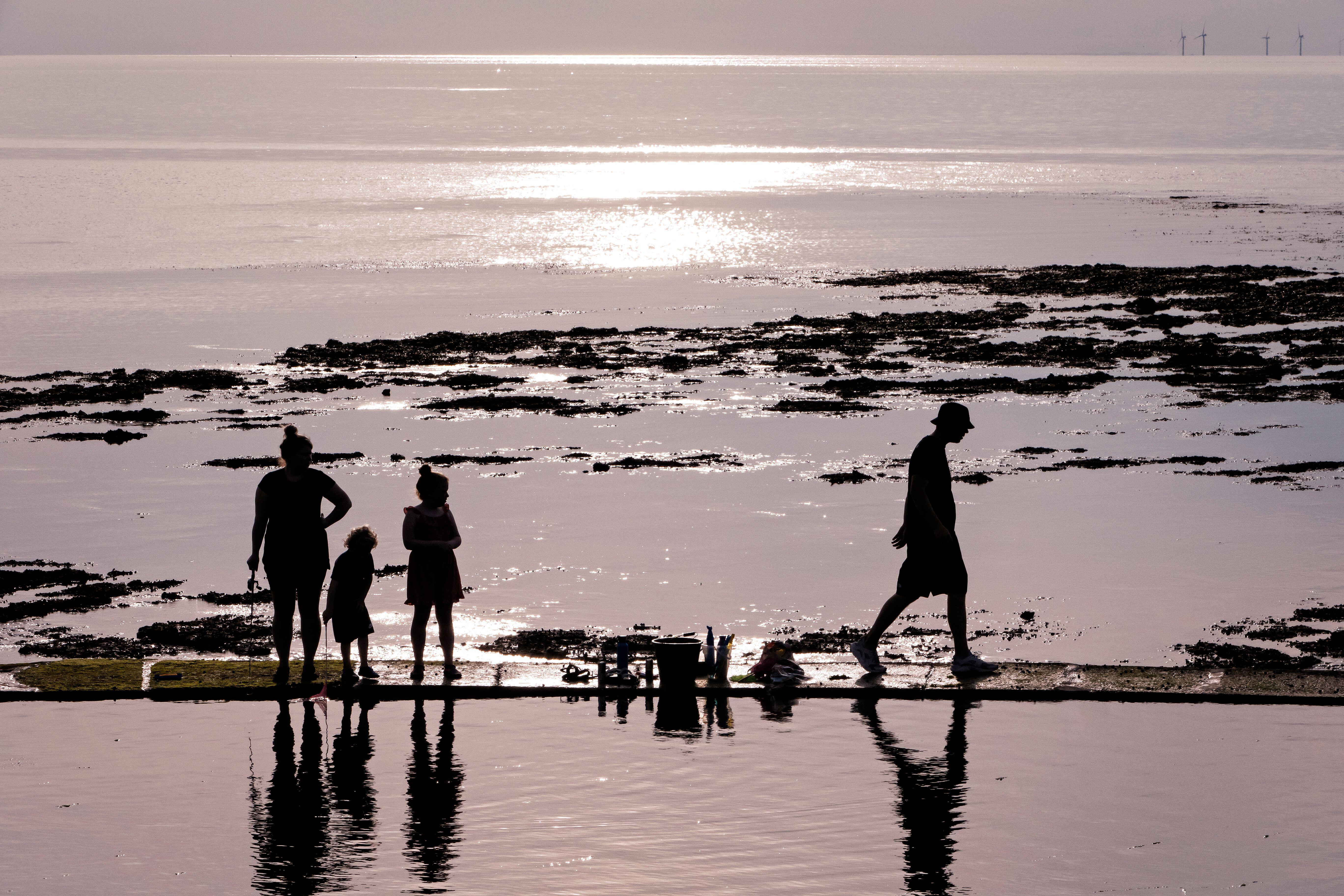
“This is a time to understand what you want to get out of holiday,” Saulter says. “It may be that you want a little break from social media or you want to focus on the family.
“This means you need to know what boundaries you are putting in place to ensure the time is actually enjoyed. It may be that you are going to separate yourself from your phone, for example. It’s about really starting to think and knowing about what you’re going to be doing on holiday, so you optimise the quality time that everyone needs.”
Catch up on sleep
“A large proportion of us accrue large sleep deprivation through our day-to-day lives,” Swift explains. “The fact that quite a lot of us are very fatigued and tired means that a holiday is an opportunity to try and reduce some of that sleep deprivation.
“Making sure you can have a lie-in where possible on holiday will help. Also be aware that if you are drinking alcohol to be somewhat moderate, as it will actually make your sleep worse. If you are trying to get away, relax and refresh, drinking a lot will impact on your sleep and will often mean you come back feeling a little bit more tired.”
Do things you don’t usually do“Doing activities that you don’t usually do in your day-to-day life can be great for your brain to break away from the autopilot and very consistent part of the routine that it’s used to,” Swift advises. “Be creative – learn a new language, try a new activity, and this will really give yourself a lot of opportunity to relax and also grow your confidence and self-esteem.”

 BigThink
BigThink 








